Eurasian Projects
News
Real Estate & Life
Politics
Economy
Science & Technology
Economics & Finance
International Relations
Tourism
Information Technologies
Sport
Environment & Energy
Gastronomy
Russians bought the most housing from foreigners in Turkey
According to the Turkish Statistical Institute, Türkiye’s real estate market surged impressively in May 2025, with 130,025 properties changing hands across the country— a robust 17.6% increase from the same month last year. Istanbul, Türkiye’s financial and cultural hub, topped the list with 22,103 home sales, followed by Ankara and Izmir. While the overall market thrives, foreign buyers showed mixed signals. 1,771 homes were sold to foreigners in May, marking a 14.2% decline compared to last year. Yet, the demand remains concentrated in key areas—Istanbul, Antalya, and Mersin. Buyers from the Russian Federation led the pack, purchasing 274 homes, followed by Iranian buyers with 133 purchases and Germans with 127. These figures reflect ongoing international interest, especially from neighboring and European countries. The highest number of property sales to foreigners in May were recorded in Istanbul with 648 units, followed by Antalya with 594 and Mersin with 145. From January to May, sales to foreign buyers decreased by 13.7% compared to the same period last year, totaling 7,789 units. Despite a slight dip in foreign purchases overall, Türkiye continues to be a magnet for buyers seeking both holiday homes and investment opportunities in a market that balances value and growth. Türkiye offers a unique combination: a growing economy, rising urban development, and affordable coastal cities popular among foreigners. Istanbul’s diverse neighborhoods and Antalya’s resort lifestyle remain top draws, while the availability of government-backed financing boosts buying power. As Türkiye’s housing market expands steadily, industry experts suggest that foreign buyers keep a close watch. The market dynamics indicate that while overall foreign sales may have softened, pockets of opportunity—especially in major cities and resort towns—remain ripe for investment.

 Economy
Economy
U.S. Social Security Justice: An In-Depth Review of the Social Security Fairness Act
The Social Security Fairness Act, which draws attention to the injustices in retirement rights in the USA, is on the agenda as a comprehensive bill that aims to reduce the differences between public and private sector employees. In this article, an in-depth analysis of the draft law is presented, including what the draft law is, the regulations it contains, its potential effects and expert opinions, and individual experiences. Key Elements of the Bill Definition and PurposeThe Social Security Fairness Act seeks to address the injustices created by regulations such as the Windfall Elimination Provision (WEP) and the Government Pension Offset (GPO), which particularly affect those working in the public sector and those receiving pension payments earned outside of Social Security coverage. The bill aims to regulate existing reductions in the calculation of pensions, ensuring that employees have access to the retirement income they are entitled to in return for the contributions they pay. Current Issues Windfall Elimination Provision (WEP): Public employees and people who have worked outside the scope of Social Security experience serious cuts in their pensions, which are calculated based on the contributions they receive from their other jobs. This leads to people who have served for many years receiving much lower pensions than expected. Government Pension Offset (GPO): The cuts in the pension benefits of spouses and widows of individuals receiving state pensions constitute another dimension of injustices in the system. In-Depth Analysis of the Bill History and Development ProcessThe introduction of WEP and GPO in the Social Security system has created significant differences between public sector employees and private sector employees in the past. In recent years, criticism has increased that these regulations are unfair, and this has paved the way for the bill to be brought to the agenda. Economic and Social Impacts Economic Security: The passage of the bill could contribute to an increase in the retirement income of public employees, making individuals feel more economically secure during retirement. Social Justice: Eliminating income imbalances between the private and public sectors will create a fairer distribution and a general sense of justice in the social security system. Systemic Change: These regulations can also serve as a model for future social security reforms and can be an important step towards improving the overall structure of the system. Expert Opinions Economists' Assessment: Many economists predict that the bill will provide for significant increases in the monthly pensions of employees, especially those working in the public sector. When the system balance is achieved, a more equitable distribution between public and private sector employees will become possible. Civil Society and Pensioners' Unions: Pensioners' unions draw attention to the injustice created by the current regulations and strongly support that the draft law will improve pension rights. Civil society organizations advocating social security reform emphasize that improving the quality of life of low- and middle-income pensioners is critical for social peace. Individual Stories and Experiences A Struggling Retirement of a Public EmployeeA public servant named John Doe retired after spending 30 years in government service. However, due to WEP, a large part of his expected salary was cut. John's story illustrates the profound economic impact that injustices in the system have had on public servants. Sectoral InjusticeAs someone who has worked in both the public and private sectors, Jane Smith has encountered different methods of calculation. Cuts in the public sector have been higher compared to private sector workers who have not had the same experience. This situation clearly reveals the existing injustice between sectors. Potential Impacts and Future Perspective Short-Term Effects Public sector workers and similar groups will experience significant increases in their pensions. By restoring confidence in the social security system, citizens can feel more comfortable in retirement. Long-Term Effects This bill could also pave the way for other social security reforms in the future. The adoption of the bill could spark widespread debate in the social and political arena and pave the way for the development of new policy proposals to make pension rights fairer. The Social Security Fairness Act stands out as an important reform step to eliminate the injustices in retirement income in the USA. While the challenges posed by current regulations have profound economic impacts on public sector workers and similar groups, the draft law offers promise for rectifying this situation. This reform, which aims to increase justice and economic security at both the individual and societal levels, may mark the beginning of a new era in the social security system.
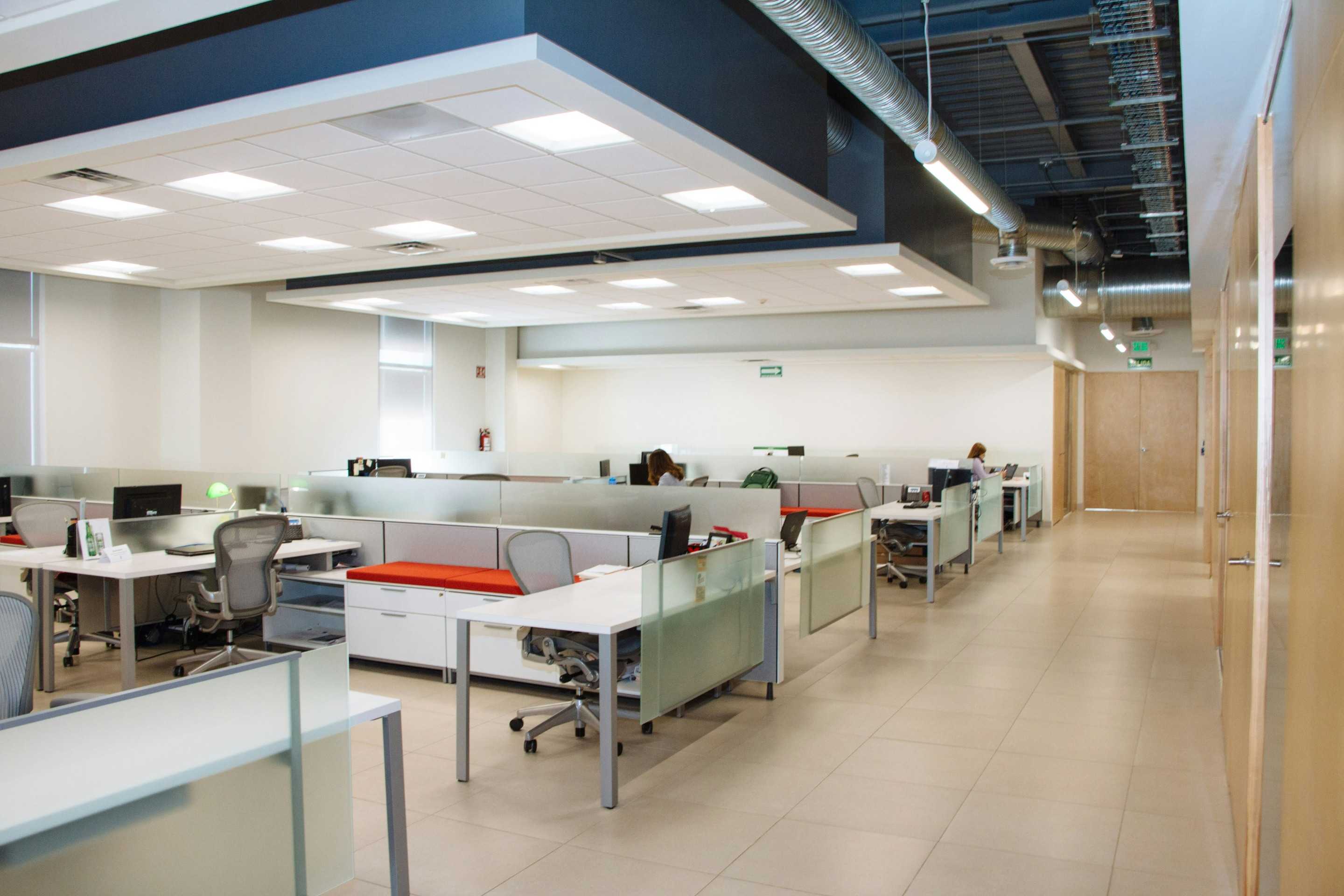 Economics & Finance
Economics & Finance
JPMorgan Calls All Employees Back to the Office Full-Time
JPMorgan Calls All Employees Back to the Office Full-Time JPMorgan Chase & Co. is calling on all employees to work in the office five days a week, ending the hybrid working model it implemented during the pandemic. The decision by JPMorgan, the largest bank in the United States, will affect about 300,000 employees worldwide. This change is expected to be officially announced in the coming weeks. (Source: NY Post) CEO Jamie Dimon's Emphasis on In-Person Work JPMorgan CEO Jamie Dimon has long argued that remote work reduces the bank's efficiency. Dimon notes that face-to-face interactions speed up decision-making processes, encourage spontaneous learning, and increase creativity. He also emphasizes that the presence of employees in the office is important for teamwork and communication. (Source: The Times) Similar steps on Wall Street JPMorgan's decision represents an approach that is in line with the return-to-office policies of other major banks on Wall Street. For example, Goldman Sachs had requested a full-time office return in 2023. Citigroup, on the other hand, maintains its hybrid model, which requires most employees to be in the office three days a week. This trend shows that face-to-face work is still preferred in the financial industry. (Source: NY Post) Implementation of the decision with the new headquarters JPMorgan's move goes hand in hand with the bank's new 60-story headquarters building in Manhattan, which is expected to open soon. This building symbolizes the bank's commitment to the office environment and its commitment to encouraging face-to-face work. (Source: The Times) Criticisms of Hybrid Work While acknowledging that the shift to remote work was imperative at the beginning of the pandemic, CEO Dimon states that adopting a hybrid model on a permanent basis negatively impacted bank culture and efficiency. Stating that remote working creates challenges in terms of managing and developing employees, especially for leaders, Dimon maintains his approach of "Success comes with face-to-face collaboration". (Source: The Times) JPMorgan's decision sets an important example about the future of post-pandemic hybrid work arrangements and their impact on the corporate world. The bank's emphasis on in-person work could become a widespread trend across the industry.
Number of Syrians under Temporary Protection Decreased to 2 Million 935 Thousand 742
Minister of the Interior Ali Yerlikaya announced that as a result of the address investigation studies of foreigners with legal right to stay that they started in September 2023, the number of Syrians under temporary protection decreased to 2 million 935 thousand 742.Yerlikaya stated that a 90-day period was given for Syrians in Turkey to update their addresses, and emphasized that SMS notifications were made in Turkish and Arabic during this period. In addition, information meetings were held in coordination with governorships and NGOs in 81 provinces. During this process, 580 thousand 819 Syrians updated their addresses or made appointments.Minister Yerlikaya said that the foreign identity numbers of Syrians who did not update their addresses were deactivated and these people could only benefit from emergency health services. He also stated that these people could not benefit from public services.With the studies that started in September, 150 thousand 327 Syrians who did not benefit from public services and who had not been in Turkey for at least one year were identified as of October 1, 2024. These people were assessed as having crossed into Europe and were deducted from the places they were registered in the system.The Minister of Interior stated that the total number of foreigners in Turkey has reached 4,174,706, of which 1,032,379 are residence permit holders and 206,585 are persons under international protection.Source: Ministry of Interior, 2024.Compiled by ChatGPT. 24 November, 2024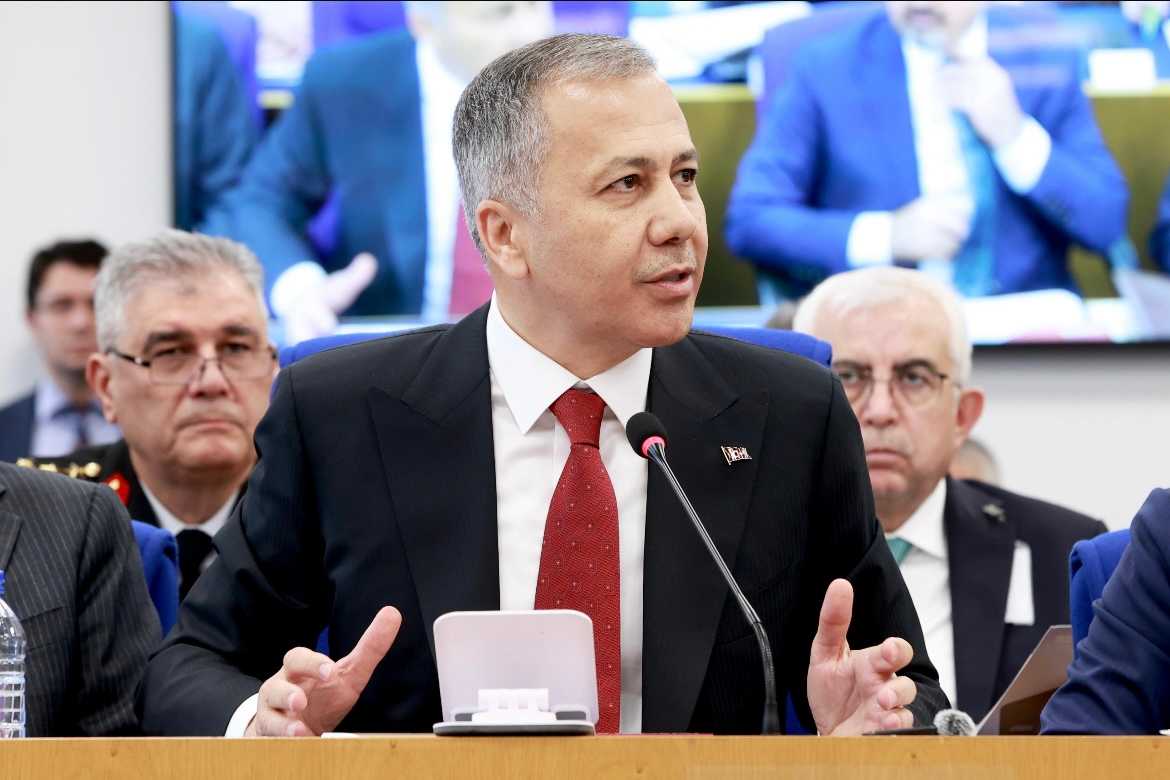
Turmoil in Hong Kong’s Commercial Real Estate Market: High Interest Rates and Declining Rental Incomes Drive Distressed Sales
Hong Kong’s commercial real estate market is experiencing significant turbulence due to a combination of high interest rates, shifting consumer habits, and broader economic challenges. One notable case is the Cubus building in Causeway Bay, a mixed-use tower that has been put up for sale due to financial difficulties. The building’s owners, including Phoenix Property Investors and a business entity linked to Sa Sa chairman Simon Kwok, are struggling with debt repayments after a sharp decline in rental income. With over a third of the building’s floors vacant, the property was recently listed for sale at HK$1.4 billion (US$180 million), a significant drop from its peak valuation of HK$2 billion. The situation with Cubus reflects the broader challenges faced by Hong Kong’s commercial real estate sector. High vacancy rates, falling rental income, and dwindling demand from global firms and mainland Chinese visitors have driven down property values across the board. Grade A office rents have fallen by 38% since their pre-pandemic high, while the retail sector has been hit even harder, with property valuations down by about 40%. This market-wide slump has forced many property owners into distressed sales, with nearly 75% of commercial real estate transactions this year falling into this category. Banks, long a key source of financing for the heavily-leveraged sector, are now grappling with rising defaults. For example, HSBC reported US$3.2 billion in commercial real estate loan defaults in the first half of 2024, a six-fold increase compared to the previous year. Despite some relief from a recent U.S. Federal Reserve rate cut, the underlying economic fundamentals remain weak, and experts do not anticipate a market recovery anytime soon. Analysts suggest that it could take until 2025 for the market to stabilize, with demand still tepid, supply abundant, and investor confidence shaky. While larger, more established developers may be better equipped to weather the downturn, smaller firms and highly-leveraged companies are struggling under the weight of their debt. The overall outlook for Hong Kong’s commercial property market remains bleak, with few signs of immediate recovery.Compiled by ChatGPT. 28 September, 2024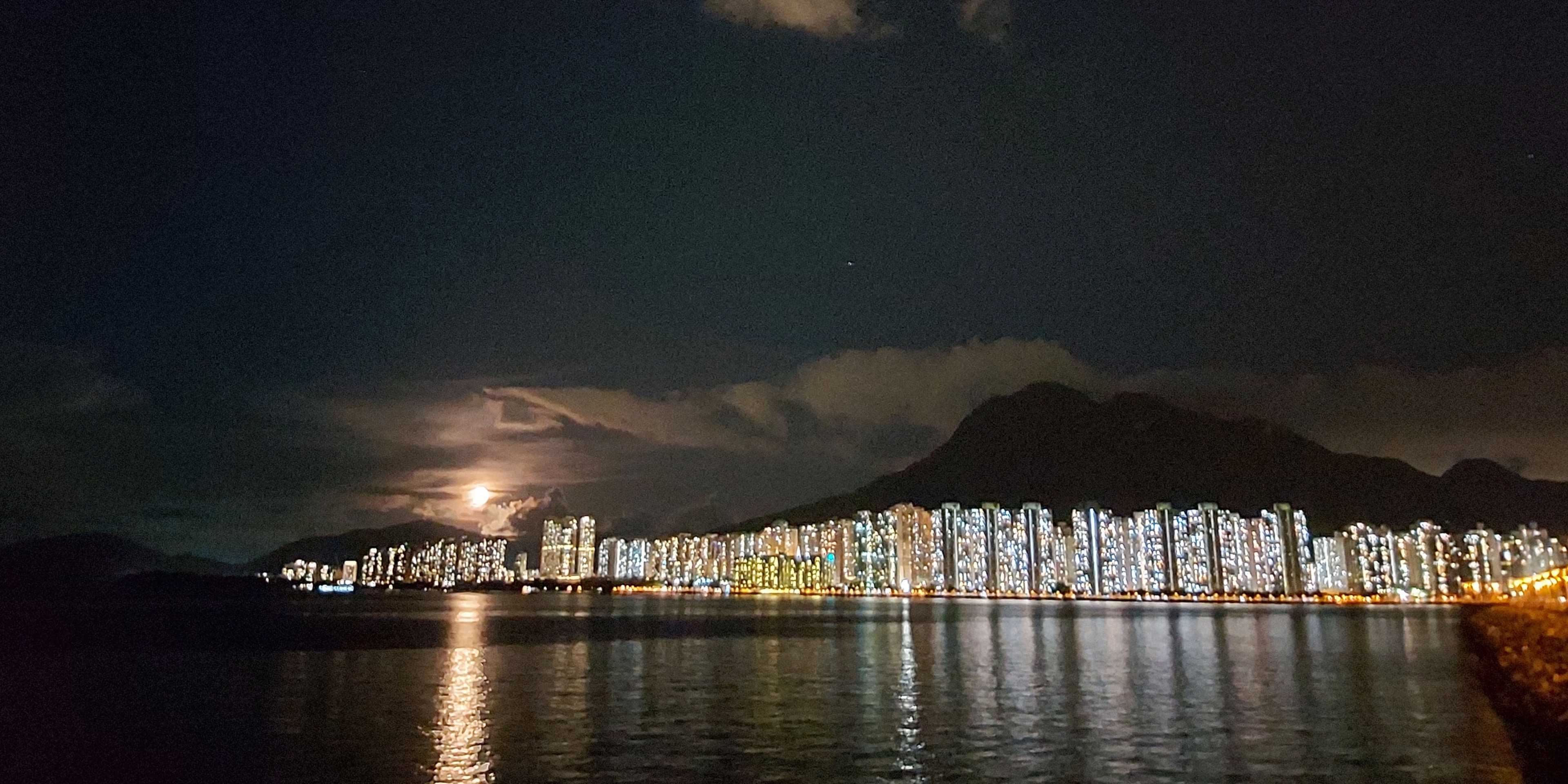
Istanbul Airport Selected as the Best in Europe According to Google
Istanbul Airport has been named the best airport in Europe, according to a recent study by a prominent holiday rental booking portal. The study, which evaluated Google Review ratings, assessed airports across Europe to highlight both top and underperforming hubs. Top of the Rankings with a 4.4 Rating With an impressive average rating of 4.4, Istanbul Airport surpassed major competitors, including Francisco de Sá Carneiro Airport in Porto, Portugal, and Athens International Airport in Greece, which ranked second and third. Holidu emphasised the importance of airports in improving the overall travel experience. “Although the end of summer is marked by a massive influx of travellers returning from their holidays, the airport experience remains an essential part of any trip,” the company noted. To help travellers plan more effectively, the study analysed data from Google Maps to create a comprehensive list of the best and worst European airports for 2024. Istanbul Airport: Excellence in Service and Infrastructure This marks the second consecutive year that Istanbul Airport has taken the top spot. “With a remarkable score of 4.4 from over 101,956 reviews, Istanbul Airport continues to earn the admiration of travellers worldwide,” Holidu stated. The airport was particularly praised for its efficiency, comfort, and top-tier services, further cementing Türkiye’s reputation for world-class infrastructure. Europe’s Busiest Airport Since its full operation began in April 2019, Istanbul Airport has grown into the busiest airport in Europe. It regularly handles between 1,400 and 1,500 flights per day, according to Eurocontrol. During the week of 26th August to 1st September 2023, it managed an average of 1,494 daily flights. In August 2023 alone, the airport welcomed 7.7 million passengers and oversaw 46,933 flights, highlighting its critical role in international air travel. While Istanbul Airport tops the rankings, Heraklion International Airport in Greece ranked as the worst, with an average rating of 2.6. Bordeaux-Mérignac Airport in France and Manchester Airport in the U.K. followed closely behind. A Global Hub for Excellence Istanbul Airport's continued rise in international rankings emphasises its importance as a global aviation hub. Its commitment to quality, service, and efficiency ensures that it remains a top choice for millions of travellers worldwide.Compiled by ChatGPT. 27 September, 2024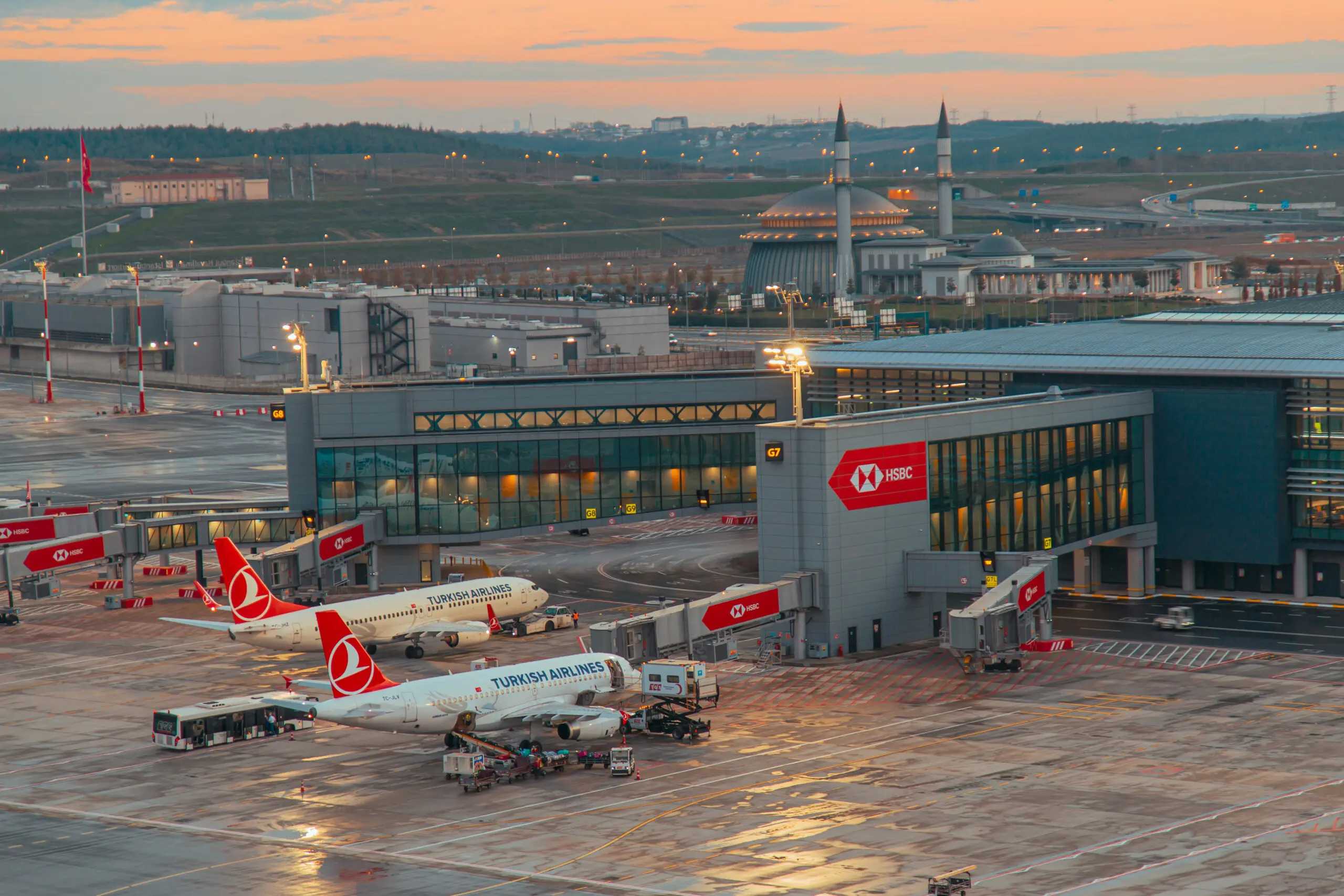
Overseas Contracting Services Awards Ceremony: Turkey's International Success
The "Overseas Contracting Services Awards Ceremony", organized by the Turkish Contractors Association (TMB) with the participation of President Recep Tayyip Erdoğan, was held at an important hotel in Ankara. This event was organized to reward the companies included in the "World's Top 250 International Contractors" list published annually by ENR magazine, which is known in the international construction industry. In his speech at the ceremony, Minister Bolat emphasized that contracting and technical consultancy services abroad reveal Turkey's strategic position and economic potential. He pointed out that the technology and knowledge transfer provided by the sector increases the country's infrastructure and construction competence and brings foreign currency to the local economy. Bolat stated that the achievements of Turkish companies in international projects have contributed to Turkey's economic growth and diplomatic relations. Stating that Turkey ranks second after China in the number of contracting companies in the 2024 list of ENR Magazine, Bolat said that it ranks eighth according to international revenues. He emphasized that as of September, the project size of the overseas contracting sector reached 515 billion dollars. The information that 12,277 Turkish contracting projects are carried out in 137 countries offers an exciting opportunity for investors. Bolat stated that Turkish consultants have won projects worth $3.3 billion in 138 different countries and have an average annual income of $200 million. He highlighted the opportunities offered to the sector by the projects within the framework of Saudi Arabia's Vision 2030. Erdal Eren, President of the Turkish Contractors Association (TMB), also spoke at the ceremony. Eren explained that despite the difficult conditions of the past year, Turkey mobilized its domestic power for the reconstruction of the earthquake zones. "We are ready for any task for urban transformation," Eren said, underlining Turkey's goal of becoming a brand in the international arena. For investors, it is important to note that Turkish companies are not only contractors abroad, but also investors and operators. Eren emphasized that the export of construction materials has increased with the contribution of technical consultancy firms in international projects. The ceremony ended with the presentation of awards to the representatives of the companies included in the "World's Top 250 International Contractors" and "World's Top 225 International Technical Consultants" lists. These awards reinforce Turkey's influence and success in the global construction market.Compiled by ChatGPT. 19 September, 2024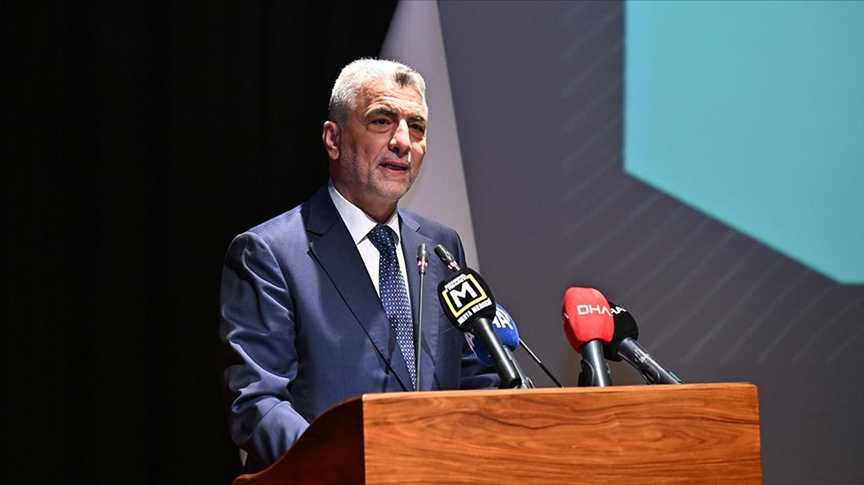
Featured content
 Real Estate & Life
Real Estate & Life
Revolutionary Regulations in the Real Estate Industry
The Ministry of Commerce announced a series of revolutionary regulations to prevent irregularities in the real estate sector and to protect consumers. These new regulations include harsh measures against fake advertisements, price manipulation and unlicensed activities that are frequently encountered on real estate buying and selling platforms. The Ministry has introduced a regulation stating that the immovables included in the real estate advertisements placed on the online trading platforms must belong to the real owners or authorized persons. An administrative fine of up to 100 thousand liras will be imposed for each violation of advertisement sites that do not comply with this verification process. Thus, the safety of consumers will be ensured by preventing fake advertisements and fraud attempts. In addition, it was announced that the professional experience requirement for real estate businesses to obtain a certificate of authorization will not be sought until the end of 2024. This exceptional regulation aims to facilitate entry into the sector while providing an immediate solution to real estate businesses that are already operating without authorization certificates. Drastic measures are also being taken to prevent price manipulations. The Ministry imposes serious fines on sites that publish advertisements without verifying that the real owners or authorized persons of the immovable properties advertised on various platforms belong. In this way, speculative price increases and consumer grievances will be prevented. While sector representatives welcome the regulations, they draw attention to the necessity of effective implementation and supervision of the regulations. With these new regulations, it is aimed to increase confidence in the real estate sector and better protect consumers, while maintaining competition in the sector in a healthy way.
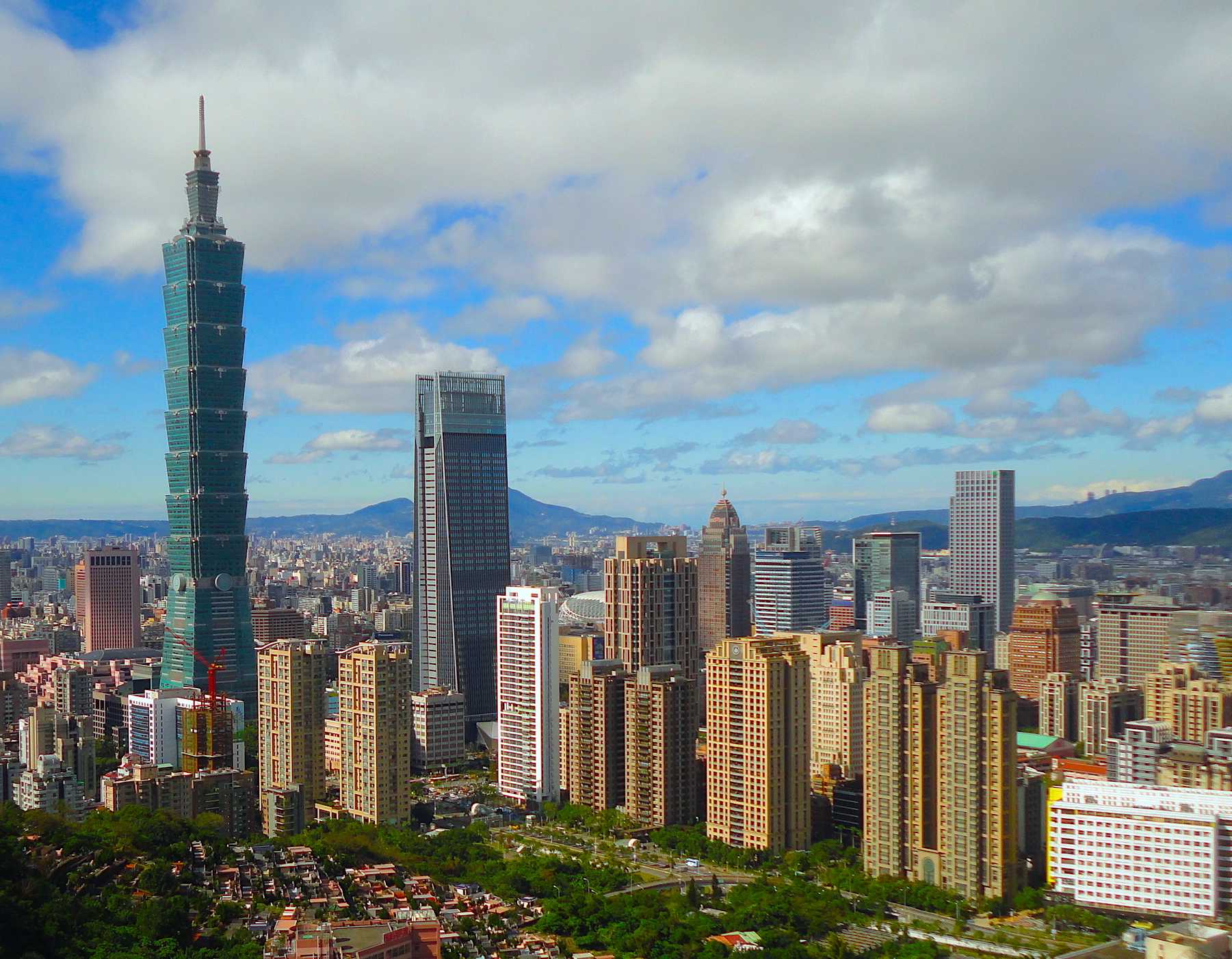 International Relations
International Relations
China and Taiwan: Pieces of a Puzzle
The relationship between China and Taiwan is based on a deep connection that has lasted for centuries and has been shaped under the influence of a number of complex factors. This connection is determined by the interaction of various elements based on the historical, political and cultural heritage of both sides. The relationship between China and Taiwan began during the Ming Dynasty. In the 17th century, the Chinese who fled the Ming Dynasty colonized Taiwan, which led to the island developing a distinct language and cultural identity. After the First Sino-Japanese War in 1895, Taiwan came under the control of Japan, and this was the first step in Taiwan's independence from China. After World War II, Taiwan was occupied by the Allied Forces, and nationalist forces led by the Kuomintang (KMT), which lost the Chinese Civil War in 1949, fled mainland China and took refuge in Taiwan. This has led to a situation in which Taiwan continues to exist under two different administrations, the People's Republic of China (PRC) and the Republic of China (ROC). While the PRC considers Taiwan to be a breakaway province of its territory and uses military threats to force unification, the ROC seeks to maintain its own sovereignty as an independent country. Despite political tensions, there is intense economic interaction between China and Taiwan. Taiwan is one of China's largest trading partners, and the two economies are tightly integrated. Taiwan's high-tech sector and China's manufacturing capacity link the economic interests of both sides. However, the escalation of political tensions could affect economic cooperation and put pressure on trade. The relationship between China and Taiwan is shaped not only by political and economic dimensions, but also by cultural and social interactions. There is a common language and historical heritage between the two communities. Tourism, academic exchanges, and cultural events play an important role in preserving this common heritage and fostering relations. In the field of security, the PRC has increased its military power in recent years and pursued deterrence policies against Taiwan. Taiwan, on the other hand, is focused on strengthening its own defense capacity and is trying to ensure its security by seeking international alliances. This could affect security balances in the region and increase the risk of conflict. The future of the relationship between China and Taiwan is uncertain. Political and ideological differences between the two sides are among the main factors that determine the course of relations. However, under pressure from the international community, steps can be taken towards finding a peaceful solution. Dialogue and diplomacy are critical to achieving reconciliation and stability. The relationship between China and Taiwan is shaped by a complex interplay of historical, political, economic and cultural factors. In the future, strengthening the dialogue between the parties and expanding the areas of cooperation can contribute to ensuring stability and peace in the region.
 Information Technologies
Information Technologies
The Mind Behind the Headlines: ChatGPT and Artificial Intelligence
The rapid advancement in the field of artificial intelligence and natural language processing in recent years has led to the emergence of systems like ChatGPT. Developed by OpenAI, ChatGPT is a language model that utilizes deep learning techniques. GPT, which stands for 'Generative Pre-trained Transformer,' is designed to perform natural language processing tasks by being trained on large datasets. ChatGPT is an application of this technology and can generate human-like responses in real-time conversations. The working principle of ChatGPT is quite complex but fundamentally straightforward. During the training phase, the model learns from a vast corpus of text data, including millions of web pages, books, articles, and other sources. By analyzing this dataset, the model learns the structure and patterns of language. When provided with an input text, ChatGPT uses the patterns it has learned to generate a suitable response. For example, if a user asks, "How's the weather today?" ChatGPT, having been trained on similar inputs, can produce a response like, "Today's weather is sunny and warm." The model considers factors such as word choice, sentence structure, and grammar rules when generating a response. The applications of ChatGPT are extensive and continuously expanding. In particular, it can be used in the customer service industry as an automated response system. It can answer frequently asked questions and resolve basic issues. In education, it can assist students with their homework or provide support to teachers. Additionally, it can help users with language learning and practice. Users can utilize ChatGPT to understand texts written in a foreign language or to enhance their own language skills. However, there are also concerns regarding the use of artificial intelligence systems like ChatGPT. In particular, the potential for the model to generate incorrect or misleading information is worrying for some users. Moreover, the ethical use of systems like ChatGPT and the preservation of individuals' privacy are significant considerations. Transparency regarding how such systems process and store personal data is crucial. In conclusion, artificial intelligence technologies like ChatGPT have significant potential in applications involving human interaction. However, it is essential for these technologies to be used ethically and safely. In the future, as artificial intelligence systems are further developed, it is likely that more complex and sophisticated models will be used in applications involving interactions with humans.
New projects
Most recently launched projects to explore.
Eurasian Projects
Insights
Eurasian Projects
Frequently asked questions

